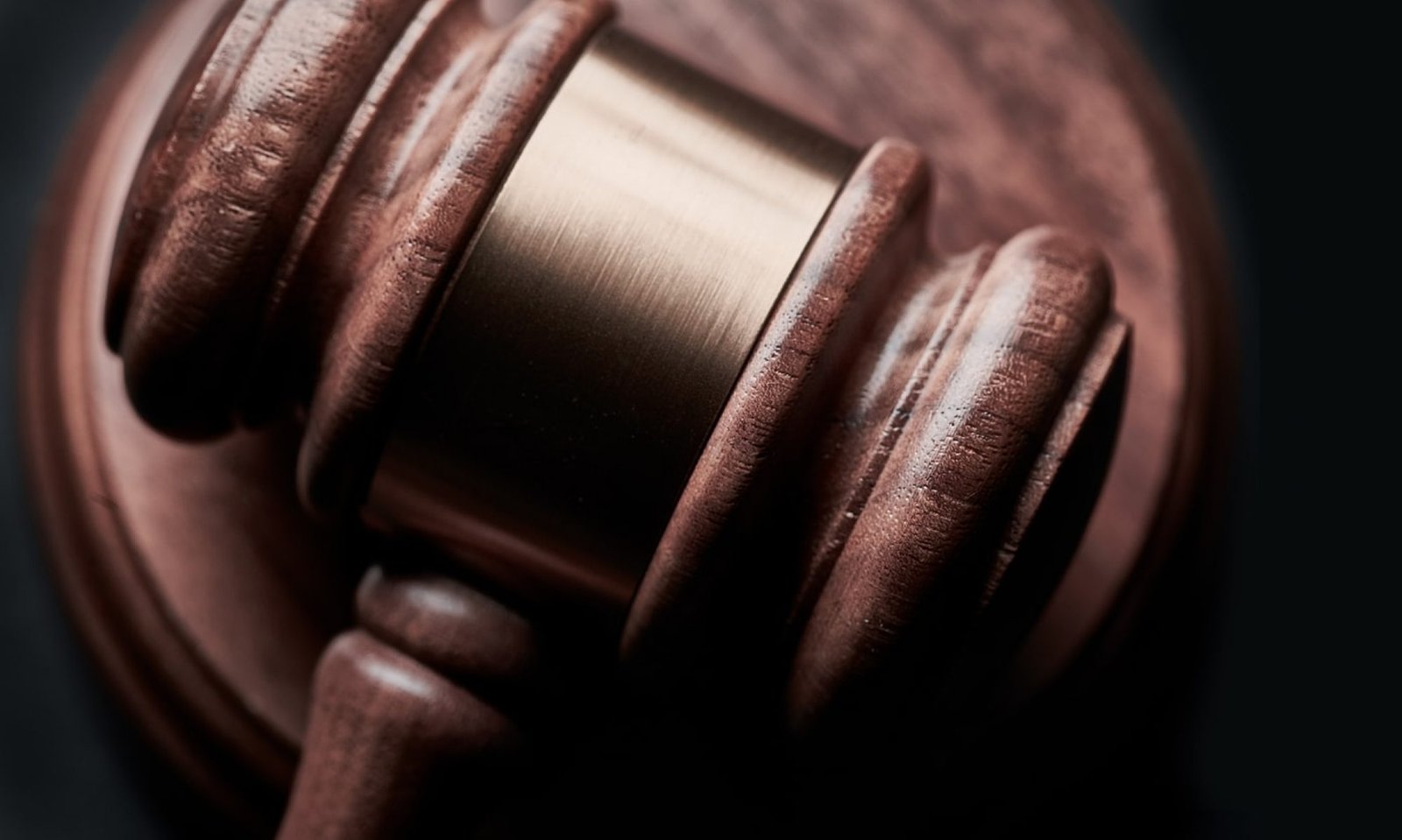Virtuoso Legal Services is one of the Best Law firm for Legal Opinion Services for various industries and Personal Law. Contact Top Lawyers for Special Warranty Deed Legal opinion Services in Chennai Tamil Nadu, India.
Introduction
When it comes to real estate transactions, understanding the intricacies of legal documents is crucial. One such document is the Special Warranty Deed, a vital instrument that ensures a smooth transfer of property rights while offering limited protection for both parties involved. Additionally, expert Legal Opinion Services play an indispensable role in guiding clients through the complexities of these deeds. Meanwhile, This article delves into the key aspects of the Special Warranty Deed and highlights the importance of seeking professional legal advice throughout the process.
I. Understanding the Special Warranty Deed
A. Definition and Purpose
Firstly, The Special Warranty Deed is a legally binding document used to transfer real estate ownership from the seller (Grantor) to the buyer (Grantee). Unlike other types of deeds, it provides limited warranties specific to the Grantor’s ownership period.
B. How It Differs from General Warranty Deed
Unlike the General Warranty Deed, which guarantees clear title throughout the property’s history, the Special Warranty Deed only guarantees the title during the Grantor’s ownership. It does not offer protection against defects or claims that may arise before the Grantor acquired the property.
C. Key Features and Components
Essential components of a Special Warranty Deed include the words of conveyance, recitals and statements of facts, and Guarantee and covenant language. These elements collectively define the extent of the Grantor’s warranty.
D. Instances Where It’s Commonly Used
The Special Warranty Deed is frequently used in commercial real estate transactions, such as property sales between businesses, as well as in residential transactions where sellers prefer to limit their liability to the period they held ownership.
II. Advantages and Disadvantages of Special Warranty Deed
A. Advantages
1. Limited Liability for Defects: Firstly, The Grantor’s liability is restricted to the time they owned the property, offering some protection against historical defects.
2. Focus on Specific Claims: Secondly, The deed’s warranties pertain only to the Grantor’s actions, making it easier to identify and address potential issues.
3. Faster and More Efficient Transfers: With fewer warranties to draft and verify, the process of transferring ownership can be expedited.
B. Disadvantages
1. Limited Protection for the Buyer: Firstly, The Grantee may have less recourse if title issues arise from previous owners.
2. Potential Risks for the Seller: Secondly, The limited warranty may deter some buyers and affect property value.
3. Clarification of Exceptions Required: To ensure transparency, any exceptions to the limited Specific Guarantee Deed should be explicitly stated in the deed.
III. Key Parties Involved
A. Grantor
Firstly, The Grantor is the current property owner who is transferring the property to the Grantee. They are responsible for executing the deed and ensuring its accuracy.
B. Grantee
Secondly, The Grantee is the recipient of the property and the new owner. They must accept the deed and meet any obligations, such as paying taxes and liens.
C. Recitals and Covenants Explained
Recitals provide context for the transaction, while covenants are legally binding promises made by the Grantor regarding the property’s status and title.
IV. Drafting a Special Warranty Deed
A. Essential Language and Clauses
When drafting a Special Warranty Deed, several critical elements must be included:
- Firstly, Words of Conveyance: Clear language indicating the intention to transfer ownership.
- Secondly, Recitals and Statements of Facts: Details about the Grantor’s ownership and any relevant history.
- Warranty and Covenant Language: Specific promises regarding the title during the Grantor’s ownership.
B. Legal Requirements and Formatting
Adhering to legal requirements and formatting guidelines is crucial to ensure the deed’s validity:
- Property Description: Firstly, A detailed and accurate description of the property being conveyed.
- Signatures and Witnesses: Secondly, The deed must be signed by the Grantor and witnessed according to local laws.
V. Reviewing a Special Warranty Deed
A. Importance of Legal Opinion Services
Firstly, Seeking legal opinion services from experts is essential to navigate the intricacies of Special Warranty Deeds and avoid potential pitfalls.
B. Identifying Potential Issues
Secondly, Legal experts can identify and address any potential title issues or defects that may arise from the limited warranty.
C. Verifying Grantor’s Authority and Identity
Ensuring that the Grantor has the legal authority to transfer the property and verifying their identity are critical steps in the process.
D. Analyzing Property History and Title Search
Thoroughly examining the property’s history and conducting a title search can reveal any encumbrances or claims that may affect the transaction.
VI. Recording and Filing the Deed
A. Purpose and Benefits of Recording
Firstly, Recording the deed with the appropriate authorities protects the Grantee’s interests and establishes public notice of the property transfer.
B. Process and Requirements
Secondly, The recording process involves submitting the deed along with any necessary documentation to the county recorder’s office.
C. Ensuring Proper Timing
Timing is crucial when recording the deed to ensure it is done promptly and accurately.
VII. Special Warranty Deed vs. Quitclaim Deed
A. Understanding the Differences
Firstly, The Special Warranty Deed and Quitclaim Deed differ in terms of the warranties provided, making it important to choose the right option for the transaction.
B. When to Choose Each Option
Secondly, Deciding between the two types of deeds depends on the specific circumstances of the property transfer and the parties’ preferences.
VIII. Special Warranty Deed vs. General Warranty Deed
A. Detailed Comparison
Firstly, A comprehensive comparison between the Special Warranty Deed and General Warranty Deed, weighing the pros and cons of each.
B. Appropriate Situations for Each Deed
Secondly, Identifying the scenarios where the use of a Special Warranty Deed or General Warranty Deed is more suitable.
IX. Special Warranty Deed in Real Estate Transactions
A. Residential Real Estate
Firstly, Explore how Special Warranty Deeds are utilized in residential real estate transactions, including buying and selling homes and property transfers within families.
B. Commercial Real Estate
Examine the applications of Special Warranty Deeds in commercial real estate, such as leasing, subleasing, property development, and investments.
X. Special Warranty Deed and Title Insurance
A. Understanding Title Insurance
Firstly, Learn about the role of title insurance in real estate transactions and how it complements Special Warranty Deeds.
B. How It Complements Special Warranty Deeds
Secondly, Understand how title insurance helps protect buyers and lenders from potential title defects and claims.
C. Protecting Buyers and Lenders
Highlight the importance of title insurance in safeguarding the interests of both buyers and lenders during property transfers.
XI. Legal Considerations and Challenges
A. Potential Disputes and How to Handle Them
Firstly, Explore common disputes that may arise concerning Special Warranty Deeds and strategies for resolving them.
B. Avoiding Fraud and Scams
Secondly, Offer insights into potential fraud and scams related to property transfers and how to prevent them.
C. Addressing Boundary and Easement Issues
Discuss the complexities of boundary and easement issues and how to address them when executing a Special Warranty Deed.
XII. Seeking Professional Legal Opinion
A. The Role of Legal Experts
Firstly, Highlight the invaluable role played by legal experts in guiding clients through the process of executing a Special Warranty Deed.
B. Choosing the Right Legal Opinion Services
Secondly, Provide tips and considerations for selecting reputable and experienced legal opinion services for real estate transactions.
C. Benefits of 24×7 Availability
Emphasize the advantages of legal opinion services available round-the-clock, ensuring clients have access to expert advice whenever they need it.
Read More
Conclusion
In conclusion, the Special Warranty Deed is an essential tool for transferring property ownership while offering limited warranties. Moreover, Understanding its nuances and seeking professional legal opinion services are crucial steps in ensuring a seamless and secure real estate transaction. Finally, By working with experienced experts like Virtuoso Legal Services, individuals and businesses can navigate the complexities of Special Warranty Deeds and safeguard their interests throughout the process.
Legal Opinion fees for Special Warranty Deed
Just contact our Senior Legal Consultants for drafting and Vetting of Special Warranty Deeds for your business as well as end Use. However, Get the whole package and fees structure for Specific Guarantee Deed Drafting or Vetting Services.
Call or WhatsApp: +91-9994287060 to make an Appointment for Legal Opinion Services for Special Warranty Deed preparation or Verification or Litigation Services. Contact Top Advocates in Chennai Tamil Nadu India.



![Types of Legal Opinions | When to Seek Them. Virtuoso Legal Services [Best Legal Opinion Services 24x7] Find the Best Real Estate Attorneys](https://legalopinion.org.in/wp-content/uploads/2023/07/Types-of-Legal-Opinions-When-to-Seek-Them.-Virtuoso-Legal-Services-Best-Legal-Opinion-Services-24x7-Find-the-Best-Real-Estate-Attorneys.jpg)
